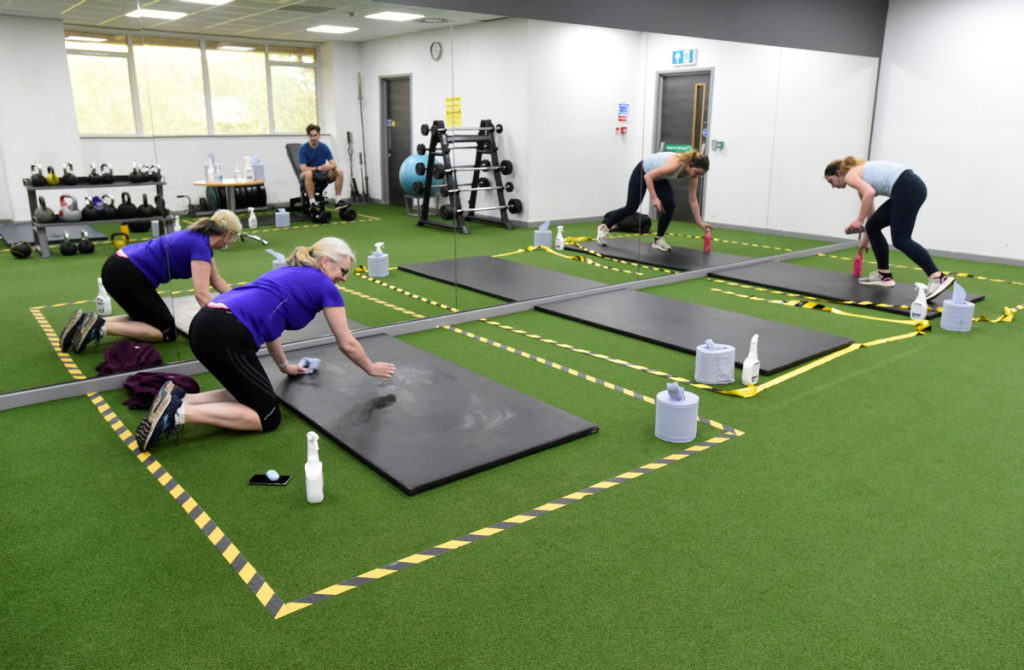The British government’s Scientific Advisory Group for Emergencies, also known as Sage, held an emergency committee meeting on Thursday amid increasing fears about the spread in the United Kingdom of a variety of novel coronavirus first identified in India.
On Monday, the latest lifting of lockdown measures will take place in the build-up to the date of June 21, when Prime Minister Boris Johnson says all restrictions should finally be removed, but the i newspaper reports that one Sage member says a delay to that final date was still “possible”.
Analysis of official figures conducted by the Daily Telegraph shows that the variant, known as B1617.2, which was first identified in the UK 45 days ago, has spread three times as fast at the nearest other strain first identified in another country, with 727 confirmed cases so far.
“Scientists on Sage will make their assessments, they will report that to government, and we will make decisions based on the data and the evidence that they provide,” he told Sky News. “The prime minister, the health secretary, have always been clear that the easing of restrictions which allow us to get back to normality will be done at a pace and in a way which is safe.”
So far, the outbreaks seem to be localized in specific areas, but James Naismith, from the University of Oxford, told the BBC that there was no guarantee that this would remain the case, so it was unwise to think that potential regional lockdowns could be the answer.
“I think we should view it as a countrywide problem,” he said. “It will get everywhere. We keep learning this lesson, but we know that this will be the case.”
India is also in the global spotlight because of increasing numbers of people who have been vaccinated still falling ill.
Only around 3 percent of the country’s population of 1.3 billion have so far been vaccinated, and according to official figures, two to four out of every 10,000 vaccinated people in India have suffered a so-called breakthrough infection, although doubts have been expressed over the reliability of these numbers.
In the intensive care unit of the Lok Nayak Jai Prakash Narayan Hospital, the largest COVID-19 hospital in the capital Dehli, 60 percent of doctors became infected despite being fully vaccinated. At another hospital in the city, 15 of 113 vaccinated health workers were infected within two weeks.
“We are seeing a lot of breakthrough infections among health workers. But most of them are mild. Vaccines are blocking severe infection,” diabetologist Anoop Misra told the BBC.
However, the lack of certainty is still causing unease.
“The question that people are now frequently asking is whether it is true that a large number of people are getting re-infected after their vaccinations,” said virologist Shahid Jameel.
“Such anecdotal reports cause a lot of anguish in the minds of people who want to get vaccinated.”
